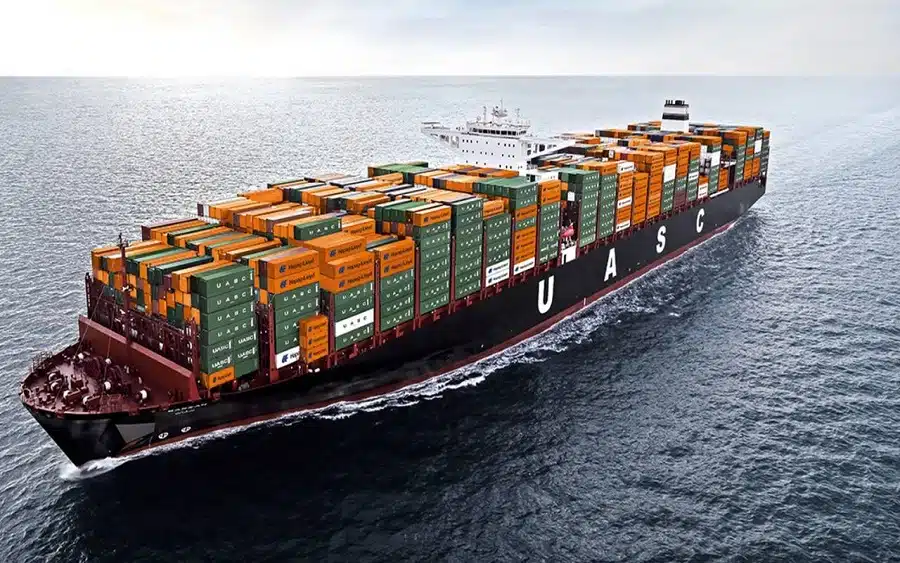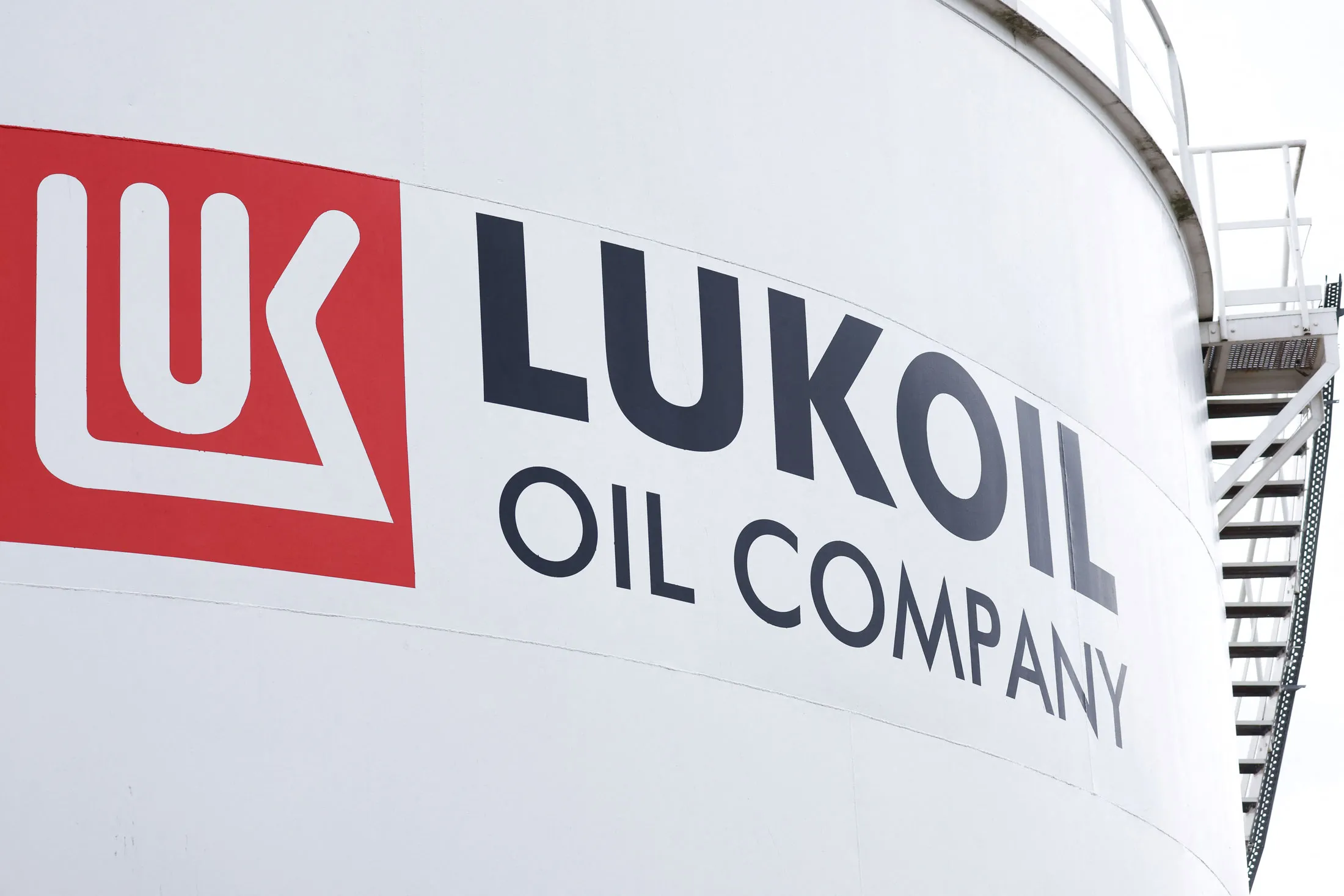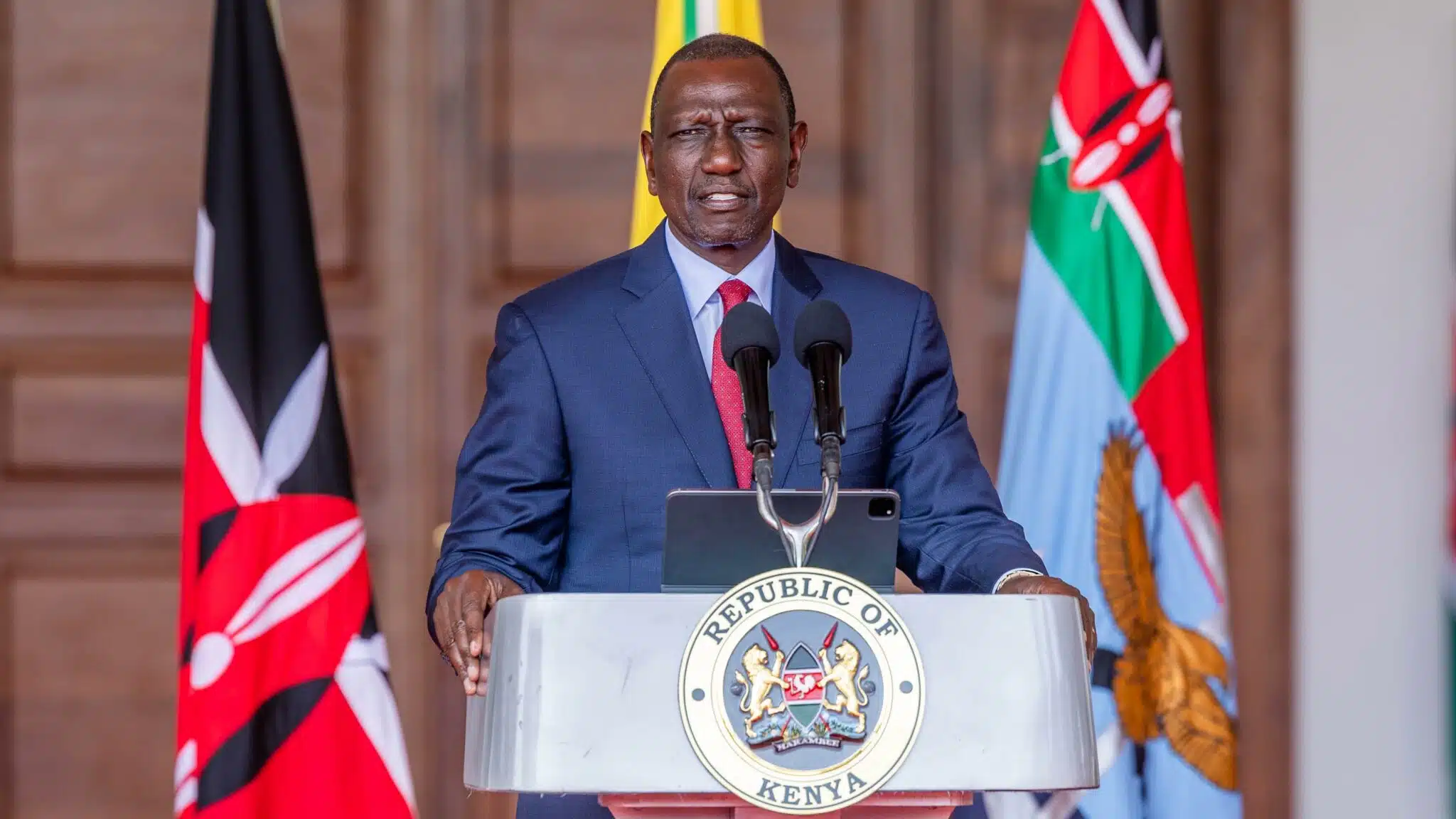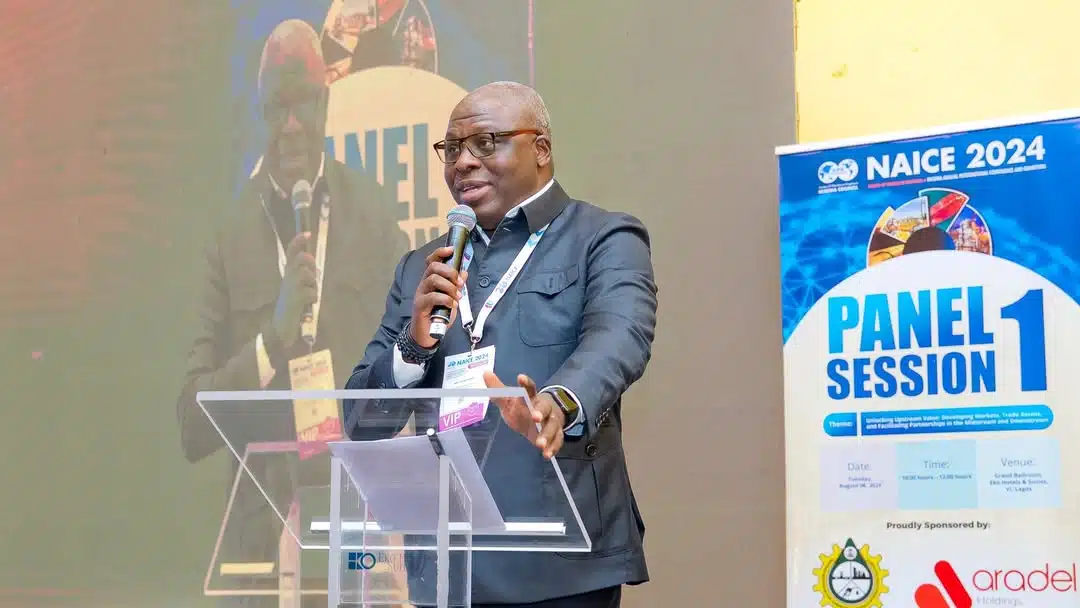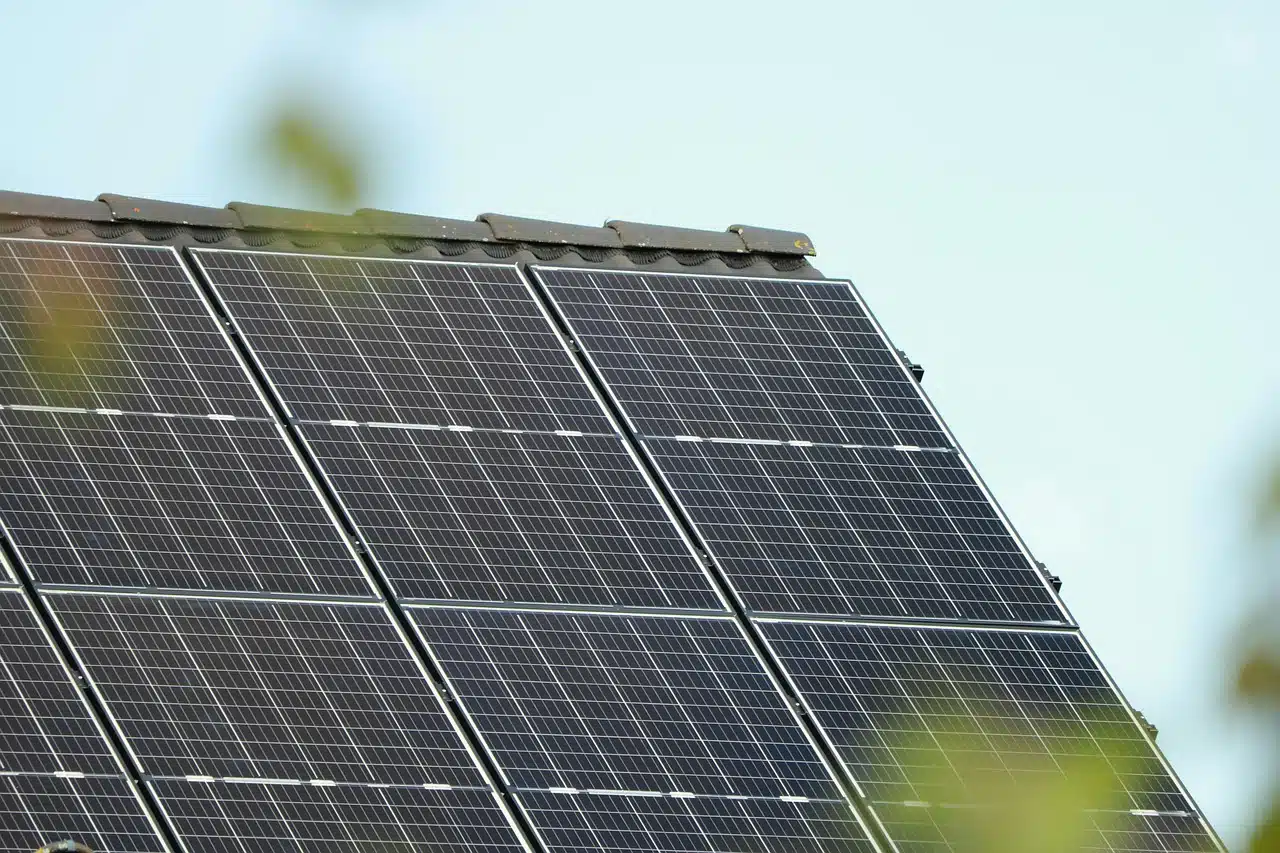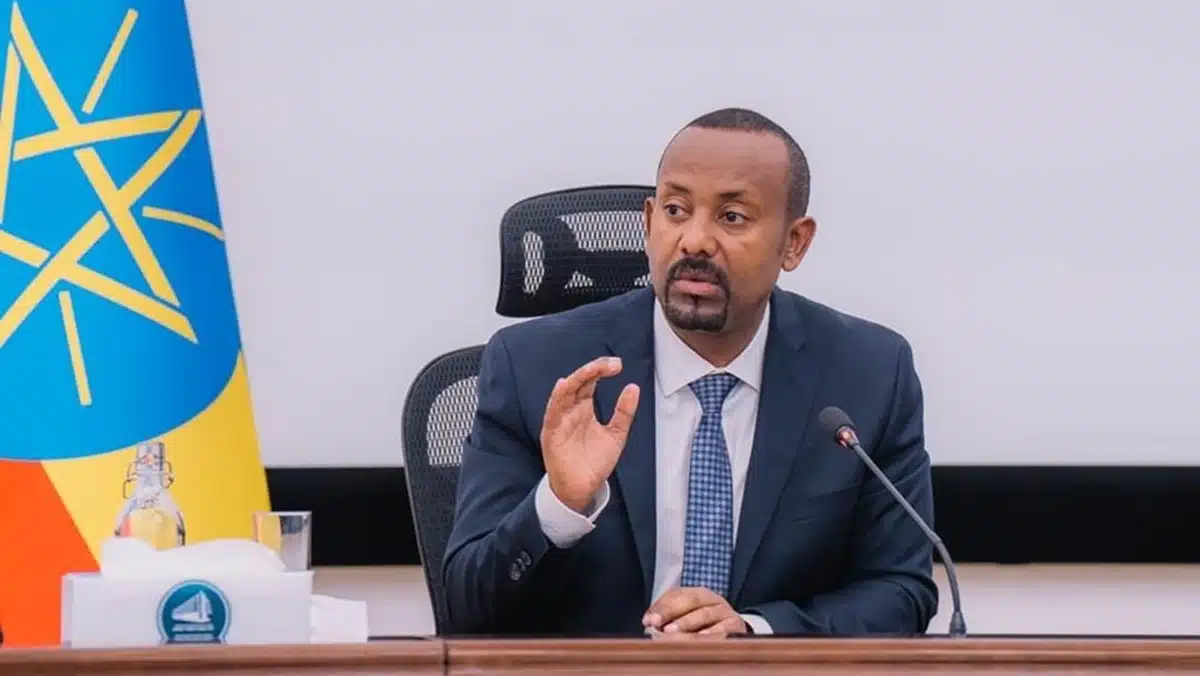Nigeria has signed a new deep water production sharing contract with French energy company TotalEnergies and local partner South Atlantic Petroleum (Sapetro).
The deal is part of the country’s push to boost exploration and attract more foreign and local investment into its oil sector.
The Nigerian Upstream Petroleum Regulatory Commission (NUPRC) said on Monday that the contract covers Petroleum Prospecting Licences (PPLs) 2000 and 2001, which were awarded during the 2024 licensing round.
The blocks are located in the Niger Delta Basin and span about 2000 square kilometres.
NUPRC Chief Executive, Gbenga Komolafe, said the new agreement marked a step towards unlocking Nigeria’s deep water resources.
“This production sharing contract signals the start of a committed work programme that will help us unlock the untapped geological potential of our deep water, expand our reserves, boost production, and strengthen Nigeria’s energy security,” he stated.
Details of the new contract
According to the regulator, TotalEnergies will operate the blocks with an 80% contractor interest, while Sapetro will hold 20%.
The contract also includes financial commitments such as signature and production bonuses.
It further outlines minimum work guarantees and profit sharing arrangements between the companies and the federal government.
Komolafe mentioned that the contract requires compliance with host community development obligations, in line with Nigeria’s Petroleum Industry Act.
Environmental provisions were also built into the deal.
These include funding for decommissioning and site remediation when oil operations come to an end.
Context of Nigeria’s upstream sector
Nigeria is Africa’s largest oil producer but has faced years of declining investment in its upstream industry.
The government has been seeking to revive interest through reforms and new licensing rounds.
Under the Petroleum Industry Act, production sharing contracts are designed to provide clarity on fiscal terms, profit splits, and community obligations.
Officials say these reforms are aimed at attracting global oil majors while also involving local companies.
Nigeria’s crude production has often struggled to meet its OPEC quota due to challenges such as theft, ageing infrastructure, and under investment.
By signing new contracts with international companies like TotalEnergies, the country hopes to raise output and secure future revenue streams.
The government has also linked deep water exploration to its long term plan to improve energy security.
Beyond boosting exports, officials say increased oil output could provide more crude for domestic refining, reducing reliance on imported petroleum products.



